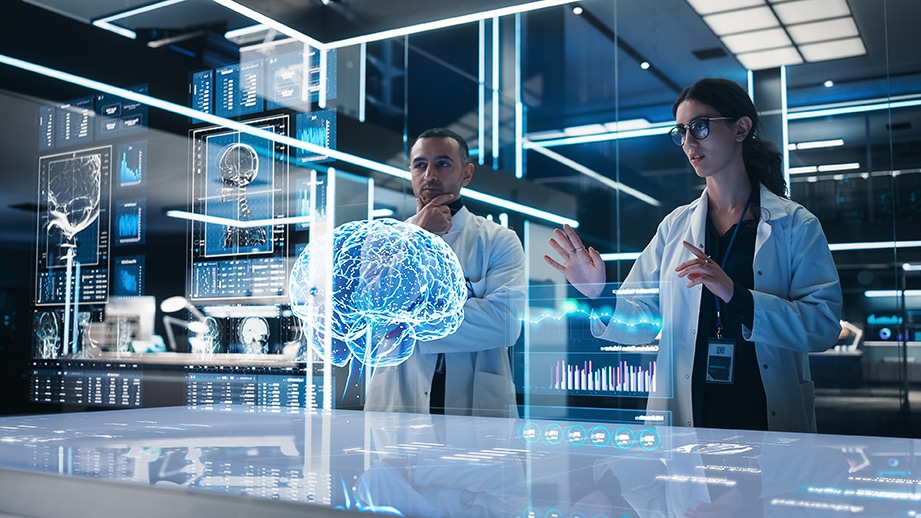During the Enlightenment, it was believed that science enabled (technical) progress and promoted human freedom. Today we know the downside of this process: the endangerment of nature and the environment, which in turn restricts freedom. We are in a dilemma.
AI (artificial intelligence), which is shaping communication and medical diagnostics, for example, is currently the subject of much debate. Some believe that it can minimise the damage caused by technological progress. Others believe that it restricts human autonomy. Do we have a new dilemma?
Astrophysicist and natural philosopher Harald Lesch and philosopher Wilhelm Vossenkuhl discuss this topic.
Programme of the event:
In the Age of Enlightenment, it was taken for granted that the sciences, especially the natural sciences, would promote human freedom: Their insights protect against superstition and create new options for action through technical innovations. Today we know that this process has a downside: For threats to nature and the environment are also a result of technological progress. And the extent of these threats in turn massively restricts human freedom. We are obviously in a dilemma, because we are dependent on progress - not least in order to be able to control its own consequences, e.g. in protecting the environment.AI, or artificial intelligence, is a technological advance that has become indispensable in our everyday lives with its means of communication, but also in medical diagnostics. Some people think that machine learning and the processing of large amounts of data can also be a means of minimising the damage caused by technological progress. Others, on the other hand, believe that the increasing influence of AI is limiting people's autonomy and personal responsibility. If this is the case, then we have a new dilemma: in his lecture on the philosophy of world history, Hegel said that this history is a "progress in the consciousness of freedom". He meant spiritual progress, not technical progress. What is left of this optimism? astrophysicist and natural philosopher Harald Lesch and philosopher Wilhelm Vossenkuhl will discuss this highly topical subject in an evening of dialogue and discussion.
